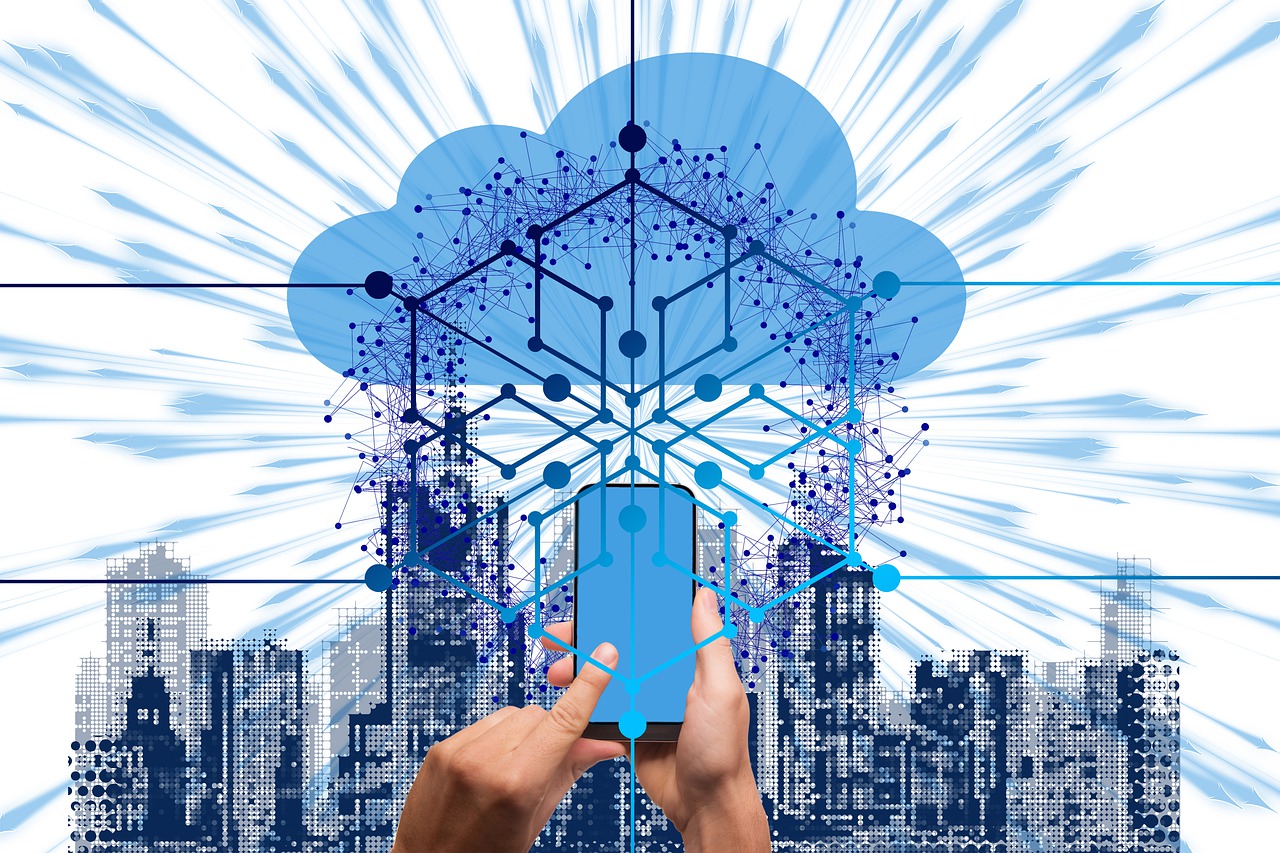The blockchain is the next big thing in finance. Once the digital currency bitcoin became famous for its mysterious developer, not much was heard about it for the next two years. However, that all changed when Ethereum was released and gave users the ability to build their own decentralized applications on top of it. Today, many use cases are starting to come to life with cryptocurrencies such as Bitcoin and Ether. But what if there were another way? What if we could program a new financial system from scratch? The blockchain is a ledger of transactions that is distributed across a network of computers in such a way that each record is linked chronologically to the previous one. Bitcoin, which uses blockchain technology as its underlying software, has only just begun to be used for its original intended purpose: As a means of exchange that can’t be controlled by anyone. What’s more, everyone agrees that it needs an upgrade and that upgrade should not be left until last-minute. Therefore, we believe the time is ripe for a new generation of blockchain startups to emerge.
What is a Blockchain?
A blockchain is a decentralized, distributed and public database that is used to track transactions across a network of computers. A single computer can’t influence or modify any data stored on the blockchain, so it provides an immutable and permanent record of transactions across a distributed network. A blockchain can be used to track assets, commodities, money, titles to deeds, government issued IDs, and other information. Blockchain is different from digital currency in that it isn’t based on a centralized database. It’s distributed, which means that every participating computer on the network holds a copy of the ledger. The Participants can pull the data from any of their computers and use it to settle disputes or verify the chain of events.
Why Now’s the Time to Build a New Blockchain System?
Blockchain technology is changing how we do business. It’s not just a new way of keeping track of assets but a whole new way of doing business. It’s not just a new system for recording assets but also a new system for conducting business. It’s not just a new technology for making financial transactions but also a new way of thinking about and communicating business processes. There are many use cases for blockchain such as tracking goods and assets from production to distribution or even decentralized applications that run on an app store like Google Play or Apple Store. Currently, blockchain technology is still in its infancy. There are many challenges that need to be overcome before it can take off and become a standard technology in financial services. One of them is implementing blockchain in a regulated environment without attracting too much attention from authorities. Another challenge is building a business case for a new technology that has yet to be proven as a success.
How blockchain startups should approach their problem
Blockchain startups that want to disrupt existing industries should clearly understand how they can bring value to the table. In this case, blockchain has two distinct advantages over other technologies:
It’s not controlled by any specific party or group of parties. Anyone can run a full node on a computer to record and verify transactions. This means that the system is decentralized and open-source.
It’s scalable. The number of transactions processed by the network can skyrocket without a corresponding increase in power consumed. This, in combination with the immutability of the data and the decentralized nature of the network, make the technology suitable for conducting large-scale financial transactions.
Benefits of using blockchain technology
The biggest benefit of blockchain technology is that it doesn’t require a central authority to manage it. The decentralized, peer-to-peer architecture allows participants to manage and record transactions without a third-party administrator. This means that the system is more efficient, and the cost of transactions is lower than with a centralized system. The decentralized nature of blockchain also allows participants to collaborate and create value together. This value can then be distributed to the participants through the blockchain. Examples of blockchain applications that use this model include smart-contracts and decentralized applications.
How to build a successful blockchain startup
To be successful in the blockchain space, a startup must have a clear business case and a plan for revenue. It should also have solid tech skills and be able to scale its product quickly. The business model of a blockchain startup should be well defined. Startups are generally free to choose their model as long as it’s rooted in revenue.
For a blockchain startup to be successful, it needs to have a clear business case and plan for revenue. If the goal of the startup is to create a new decentralized application, there are many ways to go about it. You can build it on multiple technologies and use a combination of centralized and decentralized components. You can also choose to build a hybrid solution with an emphasis on the decentralized aspects of blockchain.
Terms to Know When Analyzing a New Blockchain Startup
The following terms and concepts will help any startup looking to analyze a new blockchain startup. Crowdfunding – Funding of a new project on the blockchain via a crowdsale. Decentralized – Using a decentralized approach to manage and record transactions. DApp – Decentralized Application is the term used for apps that run on the blockchain network. DApps are applications that use the blockchain technology to store data and execute transactions.
Decentralized application – Decentralized application is a hybrid model of decentralized apps. It’s an app store with applications built on blockchain technology. It provides a foundation for decentralized apps but lets them run as standalone applications. Decentralized app – Decentralized app is a type of decentralized application where the power of the blockchain is focused on data storage, management and execution. Ethereum – Ethereum is the most popular blockchain platform due to its ability to facilitate decentralized applications and smart contracts. Identity verification – Identity verification is the process of confirming a new user’s identity by verifying their address and other details. Once verified, a user is granted access to a blockchain app.
Conclusion
The blockchain is a decentralized, distributed, public database that is used to track transactions across a network of computers. A single computer can’t influence or modify any data stored on the blockchain, so it provides an immutable and permanent record of transactions across a distributed network. A blockchain can be used to track assets, commodities, money, titles to deeds, government issued IDs, and other information. Blockchain is different from digital currency in that it isn’t based on a centralized database. It’s distributed, which means that every participating computer on the network holds a copy of the ledger. The Participants can pull the data from any of their computers and use it to settle disputes or verify the chain of events.




